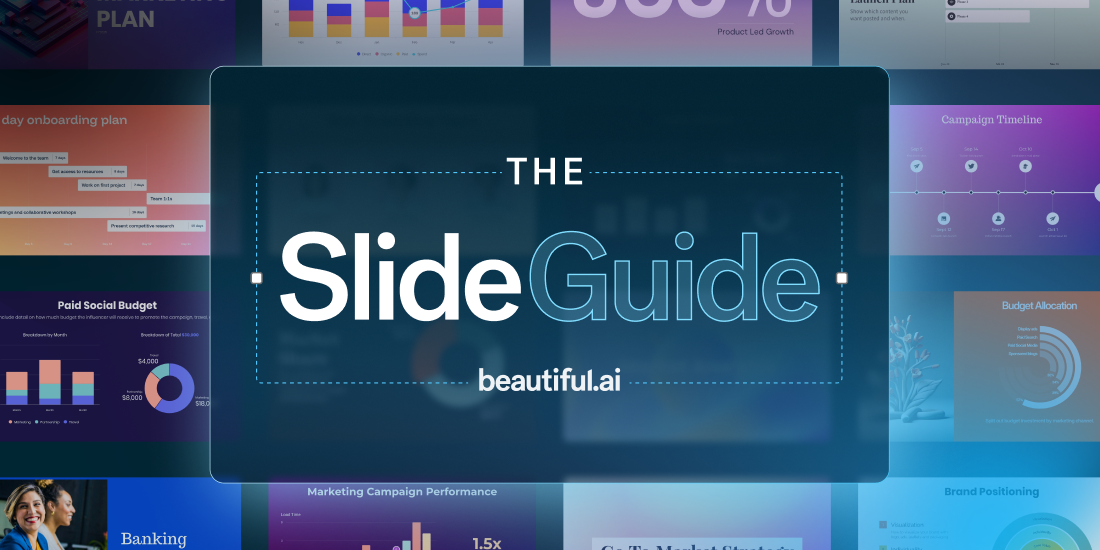
In today’s workplace, productivity isn’t just about getting more done—it’s about freeing people to do their best work. As organizations navigate hybrid models, growing workloads, and digital transformation, many are asking: can artificial intelligence really make us more productive? The short answer is yes. And in ways that go far beyond automation.
AI isn’t replacing human effort; it’s redefining how we work, think, and create. From decision-making to design, the smartest companies are using AI to eliminate friction, reduce manual effort, and unlock creative potential.
1. Automating the busywork
One of AI’s biggest contributions is taking on the repetitive, time-consuming tasks that bog people down. Think scheduling meetings, summarizing notes, sorting emails, or generating reports. These activities add little strategic value but consume hours each week.
Tools like Microsoft Copilot or Google Workspace AI can draft responses, analyze data, and manage workflows automatically. At Beautiful.ai, for instance, our platform helps teams instantly transform ideas into beautifully designed slides, saving hours typically spent formatting presentations. That time can be redirected toward refining the message and storytelling, where the real impact lies.
The takeaway: Automation doesn’t just speed things up, it creates space for deeper thinking, better decisions, and more human creativity.
2. Enhancing decision-making
AI also empowers faster, smarter decision-making by analyzing information far beyond human capacity. Whether it’s forecasting sales trends, predicting customer behavior, or optimizing resource allocation, AI systems process data at a scale that enables clarity and confidence.
Take Salesforce’s Einstein AI or HubSpot’s predictive analytics tools: they don’t replace marketing or sales teams, they give them sharper insights. Instead of combing through spreadsheets, professionals can focus on strategy and execution, knowing their decisions are backed by accurate, real-time intelligence.
The takeaway: AI transforms decision-making from reactive to proactive, helping teams anticipate change instead of just responding to it.
3. Elevating creative work
Perhaps the most exciting productivity gain comes from AI’s ability to amplify creativity. Design, writing, and storytelling—once seen as purely human domains—are now being accelerated by AI-powered tools that act as creative partners, not substitutes.
Platforms like Beautiful.ai enable teams without design backgrounds to build professional, on-brand presentations in minutes. Generative tools like ChatGPT or Adobe Firefly help brainstorm ideas, draft copy, or visualize concepts that inspire new directions. The key is collaboration: humans set the vision; AI makes the execution seamless.
The takeaway: AI doesn’t replace creativity, it removes the barriers to expressing it, allowing more people to contribute and innovate.
4. Personalizing productivity
AI also adapts to individual work styles. Intelligent assistants learn your habits and preferences to deliver personalized recommendations, whether it’s suggesting when to schedule deep work, flagging tasks that need attention, or even drafting personalized communications.
For example, tools like Notion AI or Otter.ai can organize meeting takeaways automatically, so team members stay aligned without manual follow-ups. This kind of ambient intelligence keeps work flowing smoothly across teams and time zones.
The takeaway: AI helps people work smarter, not harder—tailoring workflows around how each person works best.
5. Redefining team collaboration
AI’s impact on productivity extends beyond individuals, it’s changing how teams collaborate. Smart platforms can capture insights from meetings, summarize discussions, and track project status automatically. Combined with tools like Beautiful.ai, which ensure that presentations stay visually and strategically consistent across departments, AI creates alignment at scale.
When everyone has access to clear, organized information, collaboration becomes faster, decisions are better informed, and creativity compounds.
The takeaway: AI enhances the collective intelligence of teams, enabling cohesion even in distributed environments.
Yes—AI can absolutely improve productivity at work. But the real power lies not in doing more tasks faster, but in enabling people to focus on what matters most: innovation, strategy, and human connection.
When implemented thoughtfully, AI becomes the invisible engine behind great work, streamlining the mundane, enhancing the meaningful, and giving every team member a bit more time and energy to think bigger.

.png)




.gif)